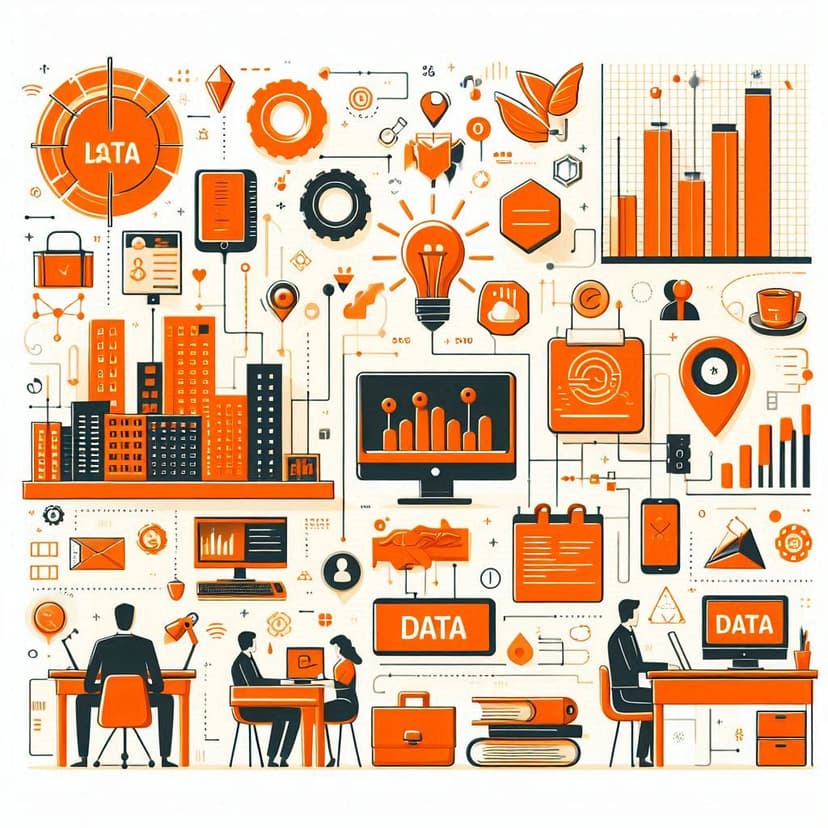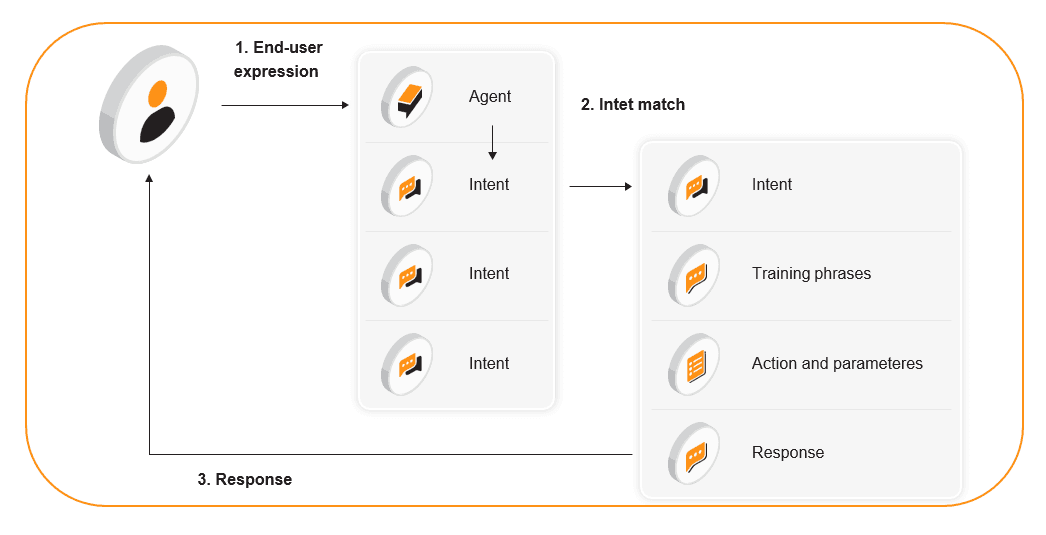Generative AI Solutions
Enhance customer experience and operational efficiency with Acumen’s AI-driven chatbots, enterprise search, and custom ML models. Automate interactions, enhance data accessibility, and make smarter business decisions with real-time AI insights.

of companies reported an increase in their cloud initiatives over a two-year period
Improved Decision-Making Accuracy due to better access to comprehensive and real-time data insights.
Increased Revenue Growth as a result of data-driven strategies and market insights.
Stay ahead with cutting-edge AI solutions that enhance customer experience and operational efficiency.

Chatbots / Enterprise Search & Generative AI

Generative AI Solutions in your industry
Generative AI Solutions

AI-Driven Chatbots
Stay ahead with cutting-edge AI solutions that enhance customer experience and operational efficiency. Generative AI solutions cover chatbots, enterprise search, and tailored machine learning models, transforming interactions and improving data accessibility within your organization.
Generative AI solutions make advanced AI accessible, driving value and enhancing your competitive edge.
Automate customer support and interactions, delivering personalized, real-time responses.
Enterprise Search
Equip your teams with AI-powered search capabilities to locate information across vast datasets instantly.
Custom ML Models
Leverage our expertise in building ML models customized to your business, improving decision-making and forecasting.
Clients Say
Frequently Asked Questions
What is Generative AI?
Generative AI refers to a type of artificial intelligence that creates new content, such as text, images, music, code, or even videos, using machine learning models. Instead of simply analyzing and classifying existing data, generative AI models learn patterns from training data to generate novel content.
How does Generative AI work?
Generative AI models, such as GANs (Generative Adversarial Networks), VAEs (Variational Autoencoders), and transformers like GPT (Generative Pre-trained Transformer), learn from large datasets. They understand data patterns and relationships, then use that knowledge to create new outputs that mimic or are inspired by the training data.
What are some practical applications of Generative AI?
Generative AI has diverse applications across industries: Marketing: Content creation, personalization, ad design. Healthcare: Drug discovery, medical imaging, personalized health advice. Finance: Risk analysis, fraud detection, automated trading strategies. Entertainment: Game character creation, music composition, scriptwriting. E-commerce: Product recommendations, virtual shopping assistants, personalized product descriptions.
What is the difference between Generative AI and traditional AI?
Traditional AI primarily focuses on analyzing data, identifying patterns, and making predictions or classifications. Generative AI, however, goes beyond by creating new content based on learned data patterns, allowing it to "generate" new material rather than simply interpret or analyze existing data.
What are the challenges and risks associated with Generative AI?
Key challenges and risks include: Bias and Fairness: Generated outputs may reflect biases present in training data. Ethics and Misuse: Potential misuse in creating fake content (e.g., deepfakes). Data Privacy: Large datasets may inadvertently contain private information. Interpretability: Difficult to understand why models produce certain outputs.
What industries are most impacted by Generative AI?
Generative AI is transforming industries such as healthcare, finance, marketing, entertainment, manufacturing, and e-commerce. Each industry benefits differently, from process automation and product innovation to enhanced customer experiences and operational efficiencies.
How do companies ensure the ethical use of Generative AI?
Companies are adopting ethical guidelines, transparency practices, and implementing fairness in model training. They are also performing bias detection, deploying user consent mechanisms, and ensuring compliance with regulations to prevent misuse.
How can Generative AI improve business processes?
Generative AI can automate content creation, streamline design processes, and personalize customer interactions. It can also improve decision-making by generating data-driven insights, accelerating R&D cycles, and enabling rapid prototyping.
What skills are needed to implement Generative AI solutions?
Key skills include: Machine Learning & Deep Learning: Understanding ML algorithms and neural networks. Data Engineering: Preparing and managing large datasets. Model Training & Fine-tuning: Optimizing models for specific tasks. Ethics & Compliance: Knowledge of data privacy laws and ethical AI practices.
